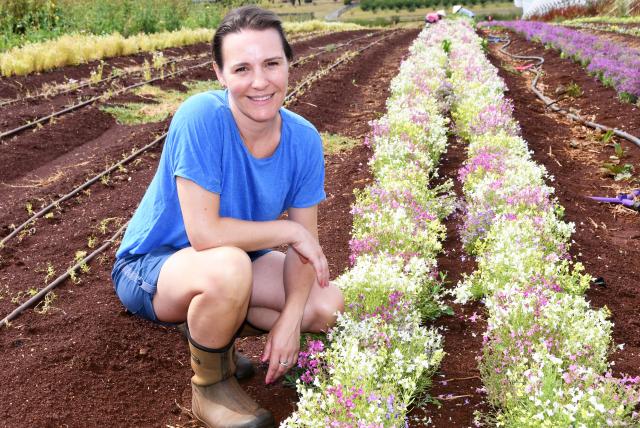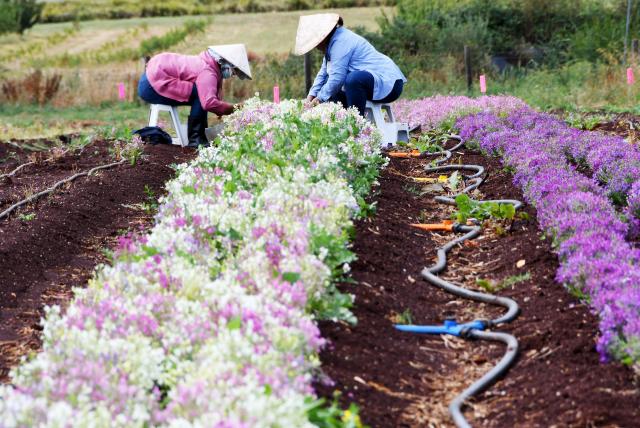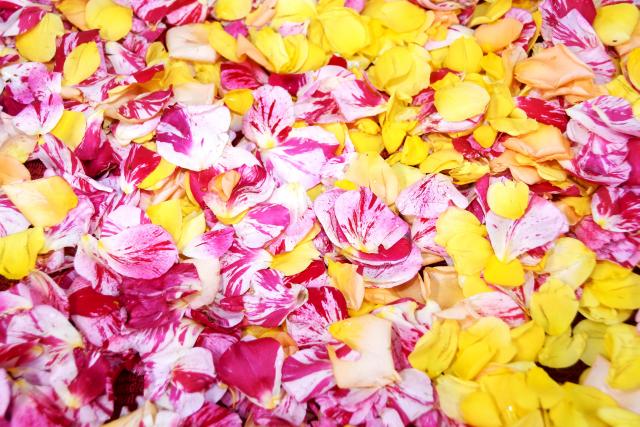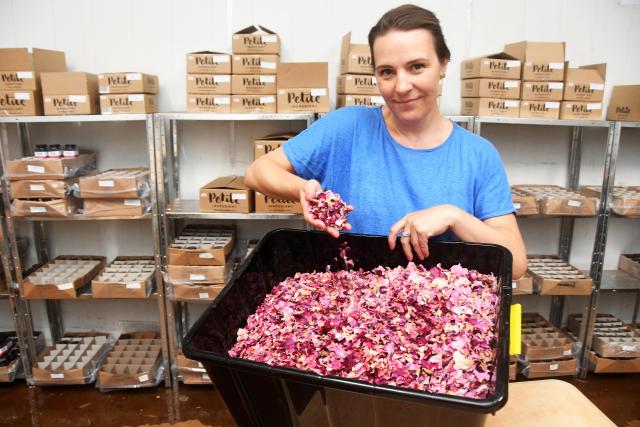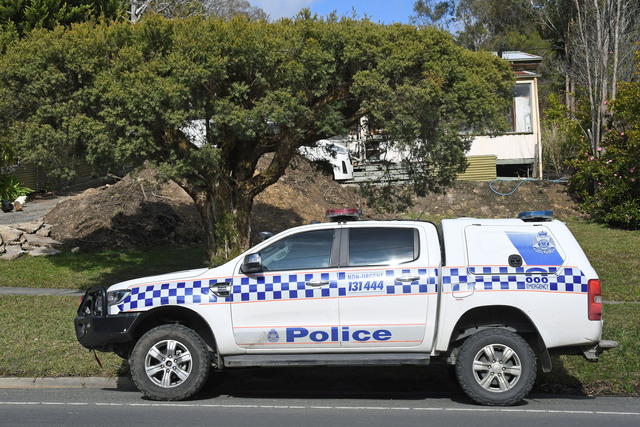Edible flowers are blooming into a popular choice for foodies as they start to seed their position as a strong ‘paddock to plate’ contender, being used in restaurant dishes, pastries, cocktails and much more.
Petite Ingredient – Australia’s largest edible flower farmer – has been a key driver in promoting edible flowers in the hospitality sector and the farm’s based right here in Wandin North.
Owner Jocelyn Cross said the business has now broken into the mainstream market after years of educating the industry.
“I’ve spent 10 years trying to educate the market about edible flowers – they’re not a fad, you can eat them, they have flavour – don’t be scared of them just give it a go, it’s like any other food,” Ms Cross said.
“Now the product has hit the mainstream which is exactly where I want it to be.”
The five acre farm is producing 100 per cent certified organic edible blooms for orders throughout Australia and Overseas, for Singapore, Hong Kong and Dubai customers.
Most recently, alcohol giant Dan Murphys has come on board as a stockist to sell dried flowers as a cocktail additive.
International dairy companies, donut makers and freelance cafes are other clients, while the pandemic has driven a desire among home cooks wanting to purchase goods from the online website.
“There are always new growth areas and it’s just been a business that’s had bountiful opportunities.”
Petite Ingredient’s journey first began when Ms Cross started selling edible flowers with a friend after 15 years as an interior stylist.
“I just had a friend selling to the whole sale markets and then I just got hooked.
“Part of me always wanted to be a florist.. and having grown up on a farm, I was really in touch with that side of things and I wasn’t afraid of farming.”
After twelve months, Ms Cross solely took over the operation and started farming flower in Hoddles Creek in 2012 and later moved to the Wandin North farm just as the pandemic hit in early 2020.
“I was running two farms at the beginning of a pandemic, trying to yield from the old farm while we had the flowers, negotiate the fact that all the restaurants and everything was closing down and how that looks, whilst keeping permanent staff on.”
Despite the pandemic, Petite continues to blossom with up to 100 varieties of fresh and dried products being produced – all swirling with subtle flavours and scents.
“Our dianthus which is also known as a carnation – they’re old fashioned name was cloves because they actually smell and taste like cloves, which is quite incredible.
“They’re not overpowering. You get quite a nice citrusy flavour with calendula, marigold is aniseed. Summer flowers you get a lot more flavour profiles in the flowers.”
The business first starting selling fresh flowers but in recent years the dried range has been added, which is surpassing the demand among customers.
Ms Cross said the dried products, which include dried rose petals, cornflowers and primrose, are becoming the main driver behind the business and are the most popular among clients.
“We have one company that each one of their venues is making 40 to 50,000 cocktails a month and they’ve got our dried rose petals on them.”
The decision to produce dried flowers is also limiting wastage dramatically.
When speaking to Star Mail, Ms Cross said the farm was drying 28kg of rose petals on that day and holds 100kg of dried flowers at any time.
“You hear how 50 per cent of all produce that farms create goes back into the ground, well that was one of the reasons why I started the dried range because we don’t really waste anything now.
“It’s an easier product to handle because you can yield it when you’ve got a lot of it and then you can hold it for years and just sell as required.”

